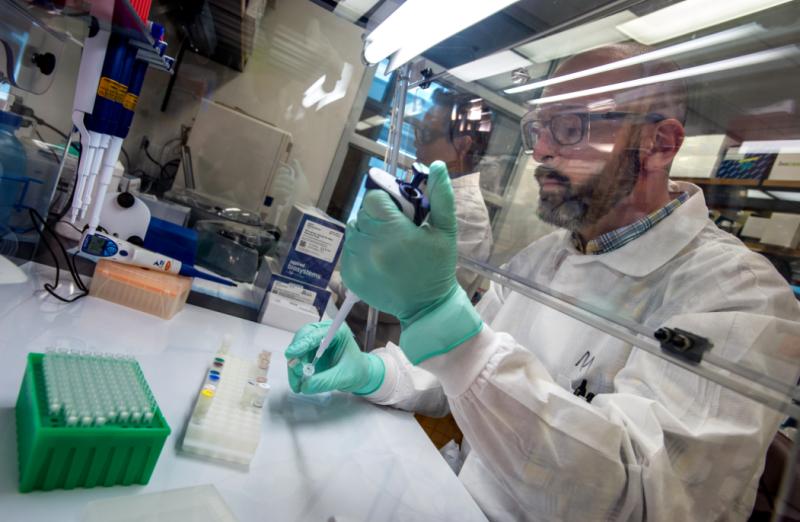Coronavirus fears drive rapid increase in online meetings

Coronavirus fears drive rapid increase in online meetings
FEB 26, 2020As concerns mount, more meetings take place online
The spread of a new strain of coronavirus has driven a sharp increase in the number of online investor meetings in February, figures from digital platforms show, as IR teams consider postponing conferences and roadshows.
Since the outbreak of Covid-19 was announced in January, several thousand people around the world have been infected with the virus, with cases originally concentrated in mainland China but also jumping to South Korea, Japan and elsewhere in South East Asia. Several companies with operations in the area have taken a material hit to earnings due to office or factory closures.
From an IR perspective, both locally listed and large multinational firms have had to postpone conferences, roadshows and meetings in the area for fear of transmitting the virus. Companies offering online meetings in the area have also recorded a large increase in the number of virtual events they hold because investors and issuers favor them over meeting in person.
Chen Xu, director at Roadshow China, an online platform that links Chinese listed companies and institutional investors, estimates that 500 calls were organized in the week of February 3 immediately following the outbreak.
Some brokers are individually organizing hundreds of hours’ worth of calls as Asian companies approach earnings season, with many IR teams unwilling to postpone their planned presentations or disclosures.
Xu says ‘a large number of IROs communicated with the capital markets through teleconferences organized by sell-side analysts to [talk] about the impact of the epidemic on the company’s production and operations.’ Roadshow China has had to pull together its video and telephone conference systems, as well as online live-streams, so IR teams can hold meetings with as many market participants as possible.
Alexandra Morrison, head of product development at corporate access platform CorpXSasia, which focuses on linking issuers with Asian fund managers, paints a similar picture: many IROs are finding travel hard or impossible to organize at the moment but still need to get in touch with the market.
‘Physical meetings in Asia have dropped about 60 percent in ASEAN countries, by as much as 90 percent in Korea, Taiwan and Hong Kong, and almost entirely in mainland China in the last weeks of January and the first two weeks in February,’ she notes. ‘But video meeting requests all over Asia have shot up threefold.’
Morrison also points out that the outbreak bears similarities to the Sars outbreak of 2003, but may be ‘more worrisome’ for global capital markets. ‘China currently represents 16 percent of the world’s economy, in comparison to the 4 percent it represented during the Sars outbreak,’ she explains. ‘Combine this with the control of essential production and assembly plants for some of the largest global tech, industrial, automotive, chemical and pharmaceutical companies and we are looking at some serious supply-chain issues.’
Firms that have taken up virtual meetings have largely belonged to these sectors, says Morrison: they include consumer, pharmaceutical and industrial firms in China; service, technology and automotive firms in Japan; and a Taiwanese tech company.